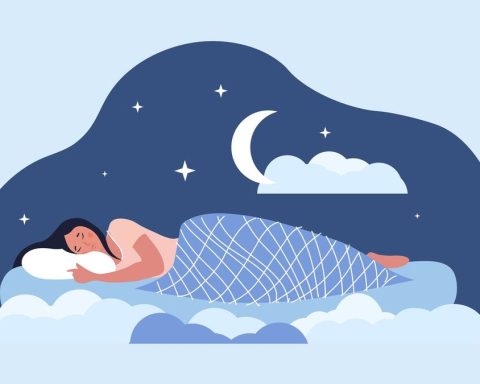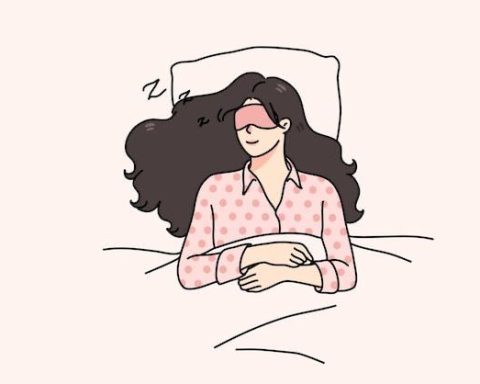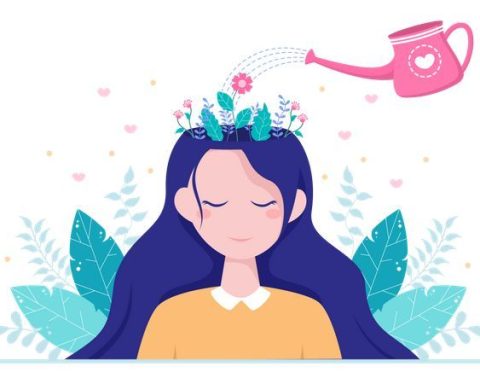- Circadian rhythms are 24-hour cycles that help govern essential bodily functions—especially the sleep-wake cycle—by syncing internal processes with the day–night cycle.
- Disruptions from factors like irregular schedules, travel, shift work, screen time, or underlying health issues can throw off your internal clock and negatively impact sleep and overall well-being.
- Maintaining a consistent sleep schedule and daily routine, along with strategies like timed light exposure and melatonin supplementation when needed, are the most effective ways to support a healthy circadian rhythm.
Have you ever wondered why taking a nap seems particularly appealing in the middle of the afternoon, why jet lag hits you harder when you travel eastward, or why your ideal bedtime is so different from your partner’s? The answers to all of these questions involve circadian rhythms, the natural patterns that take place in your body over the course of each 24-hour cycle.
Circadian rhythms affect many bodily processes, your mental state, and your behavior. Perhaps the most well-known circadian rhythm is the sleep-wake cycle, which determines how sleepy or alert you feel throughout the day and night. We cover how circadian rhythms work, particularly in connection with sleep, along with how to prevent and address disruptions to your circadian rhythms.
What Is Circadian Rhythm?
Through millions of years, life has been shaped by the world’s rhythmic shifts of night and day. Many living things—including plants, animals, and humans—have circadian rhythms, which are tailored to life on earth and the changes that occur as the planet rotates on its axis.
Every 24 hours, predictable shifts in light and temperature take place. Circadian rhythms help living things respond to changes in their environment in ways that conserve energy, help them find food, and allow them to grow and heal.
In humans, circadian rhythms serve many functions, including helping regulate :
- Sleeping and waking
- Core body temperature
- The immune system
- Hormones
- Metabolism
- Cognitive function
- The body’s reaction to stress
Sleep and Circadian Rhythm
Circadian rhythms play a vital role in a person’s ability to sleep in one consolidated block of time at night and to stay up for roughly 16 hours straight every day. As the sun sets in the evening, the brain begins producing melatonin, a hormone that induces sleepiness. Core body temperature also drops, contributing to decreased alertness.
These changes, driven by circadian rhythms, combine with sleep drive to cause a person to fall asleep at night. In the morning, as exposure to light increases, melatonin production stops and body temperature rises, promoting wakefulness.
Sleep is most likely to be refreshing and restorative when circadian rhythms, the natural cycle of daylight and darkness, and sleep patterns align.
How Do Circadian Rhythms Work?
Circadian rhythms are controlled by biological clocks located in organs and glands throughout the body, but all of these peripheral clocks are commanded by a “master clock” in a region of the brain called the suprachiasmatic nucleus (SCN).
In most adults and adolescents, this master clock operates on a cycle that’s slightly longer than 24 hours. In order to maintain alignment with the 24-hour rotation of the planet, the master clock must adjust by about 12 to 18 minutes every day. For this reason, it times circadian rhythms according to environmental cues known as “zeitgebers,” German for “timekeepers.”
Light and darkness are the most important and powerful zeitgebers. Other zeitgebers involved in circadian timing include :
- Meals
- Exercise
- Social interactions
- Daily routines
- Stress
These zeitgebers trigger the release of hormones in the brain and the delivery of chemical signals to body tissues. Thus, the master clock is able to effectively time vital body functions, such as the conversion of food into energy, fluctuations in body temperature, and when a person feels like sleeping or waking up.
Babies, Toddlers, and Children
Circadian rhythms begin developing shortly after birth, but newborns don’t have a fully established internal clock, which is why their sleep can seem unpredictable. Around 2 to 4 months of age, babies start to sync with the natural light-dark cycle, gradually developing more regular sleep and feeding patterns. By toddlerhood and early childhood, most kids follow a more predictable circadian rhythm, often rising early and needing naps or early bedtimes to meet their sleep needs.
Teenagers
During puberty, circadian rhythms shift later—a phenomenon known as a “sleep phase delay.” This biological change causes teens to feel sleepy later at night and want to wake up later in the morning. Unfortunately, early school start times often conflict with this natural rhythm, contributing to sleep deprivation and difficulty concentrating during the day.
Adults
In adulthood, circadian rhythms tend to stabilize around a more traditional pattern of feeling sleepy at night and alert during the day. However, individual preferences still vary. Some people are naturally early risers (“morning larks”), while others are night owls. Work demands, stress, and lifestyle factors can all influence how closely an adult’s sleep habits align with their internal clock.
What Can Disrupt Your Circadian Rhythm?
Your circadian rhythm is your body’s internal clock, helping regulate sleep, wakefulness, hormone release, and other biological processes over a 24-hour cycle. But this rhythm can be thrown off by a variety of internal and external factors. Common disruptors include:
- Irregular sleep schedules: Staying up late, sleeping in on weekends, or frequently changing your bedtime can confuse your body clock and make it harder to fall asleep or wake up consistently.
- Shift work or jet lag: Working night shifts or traveling across time zones disrupts your natural light-dark exposure, which can shift your internal clock out of sync with your environment.
- Too much screen time at night: Blue light from phones, tablets, and computers can suppress melatonin production—a hormone that helps you sleep—and delay your natural sleep-wake cycle.
- Exposure to artificial light at night or lack of natural light during the day: Bright indoor lighting at night and insufficient sunlight during the day can confuse your brain’s understanding of when it’s time to be awake versus asleep.
- Underlying health conditions or medications: Conditions like depression, insomnia, or neurological disorders, as well as certain medications, can interfere with your circadian rhythm and sleep quality.
- Poor sleep environment or habits: Inconsistent bedtime routines, high stress, caffeine or alcohol use before bed, and an uncomfortable sleep space can all interfere with your body’s natural rhythm.




